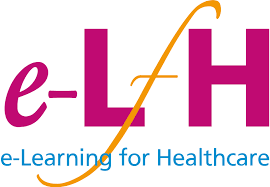
Mental Capacity & DoLS

Redcrier Training Solutions offer mental capacity training along with a catalogue of other care specific courses. The courses can be delivered through several different styles (Face to Face, eLearning, and Distance Learning) which help to build a competent and compliant staff team more effectively. See the complete course list here.

Understanding Mental Capacity:
This free course, Understanding mental capacity, describes the principles and criteria underpinning the assessment of mental capacity and decision making in the UK. The course begins by looking at what mental capacity – and the lack of it – means. You will be introduced to various groups of people who are more likely to lack mental capacity, but you will also learn why it is relevant to everyone. You will look at what can be done to help someone to make a decision themselves and the principles and steps that enable people to judge, fairly, whether someone has capacity or not. You will be introduced to the legislation in the UK and will see how it supports and protects people who may lack capacity.

Mental Capacity Act programme:
The HEE Mental Capacity Act elearning programme (MCA) is made up of 11 elearning sessions to work through, inlcuding:
- Mental Capacity Act as Part of Human Rights
- Assessing Mental Capacity
- Making Decisions
- Best Interests
- Restraint
- Deprivation of Liberty
- Relationship between the Mental Capacity Act and the Mental Health Act
- Mental Capacity Act and Young People aged 16 or 17
- Research involving People who Lack Capacity
- Mental Capacity Act and Adult Safeguarding
- Settling Disputes and Disagreements

FREE DoLs Essentials online training course
This online training course impacts on your day-to-day interactions with people you support who may not have mental capacity to consent in a care home setting. The legislation also covers people who can no longer live at home and alternative arrangements need to be made. You will learn about the changes to the law that happened because carers spoke up where they felt a situation was wrong and their actions led to more detailed checks about people’s rights.